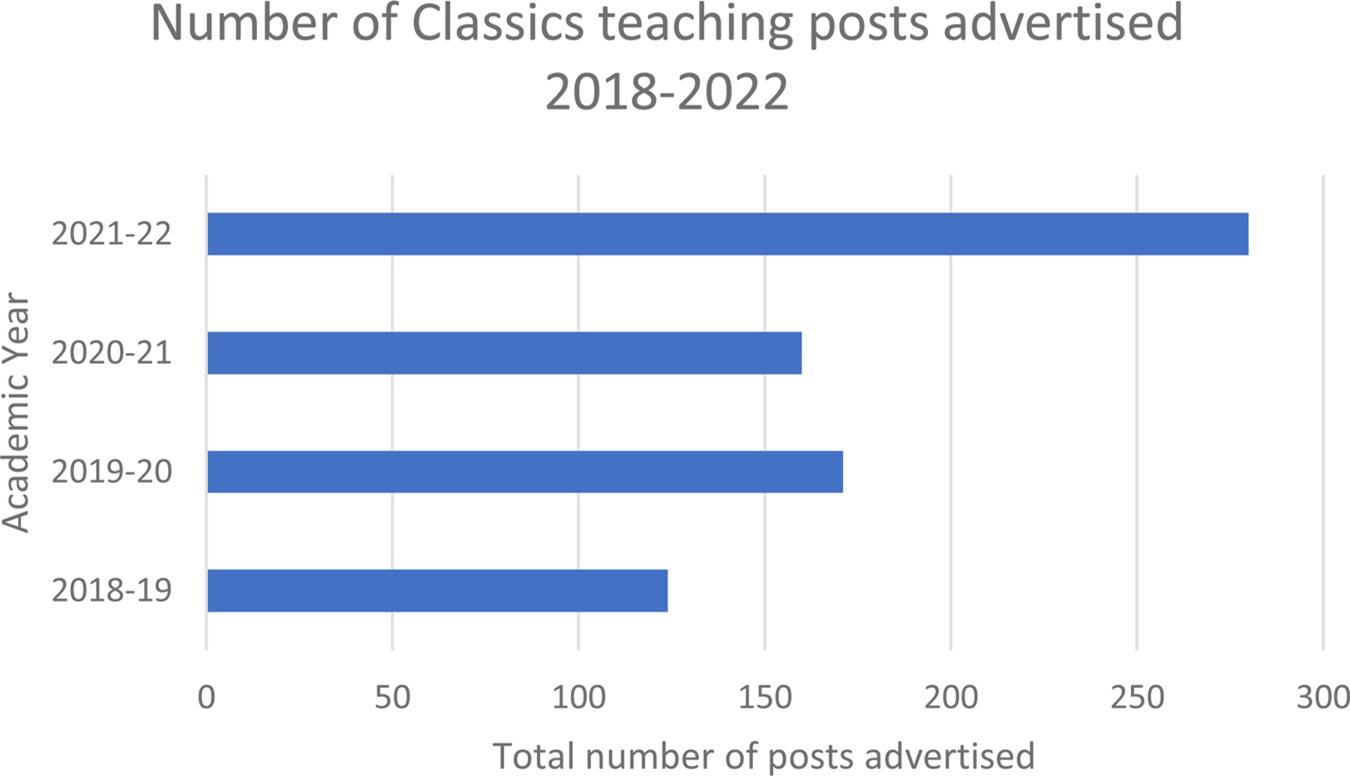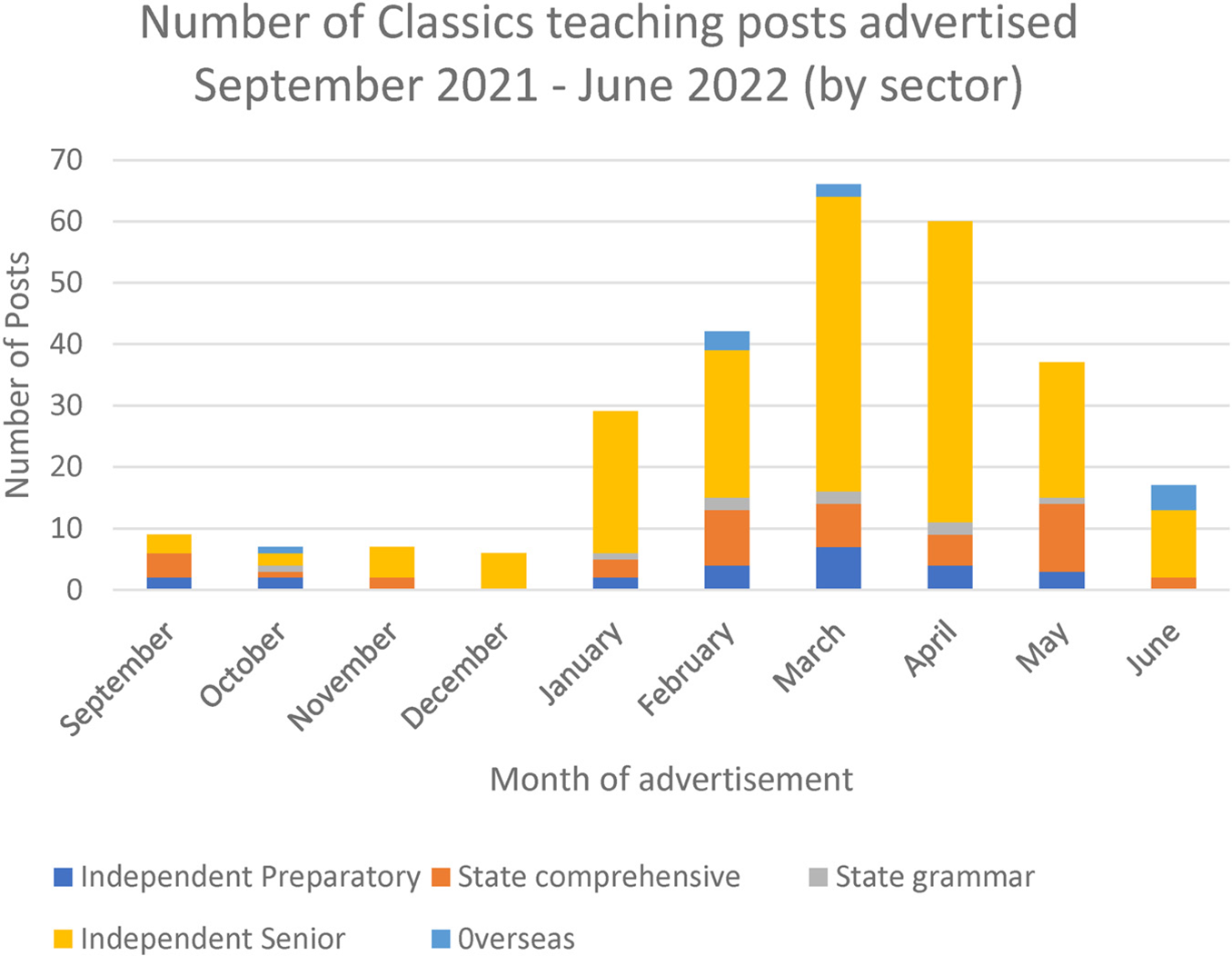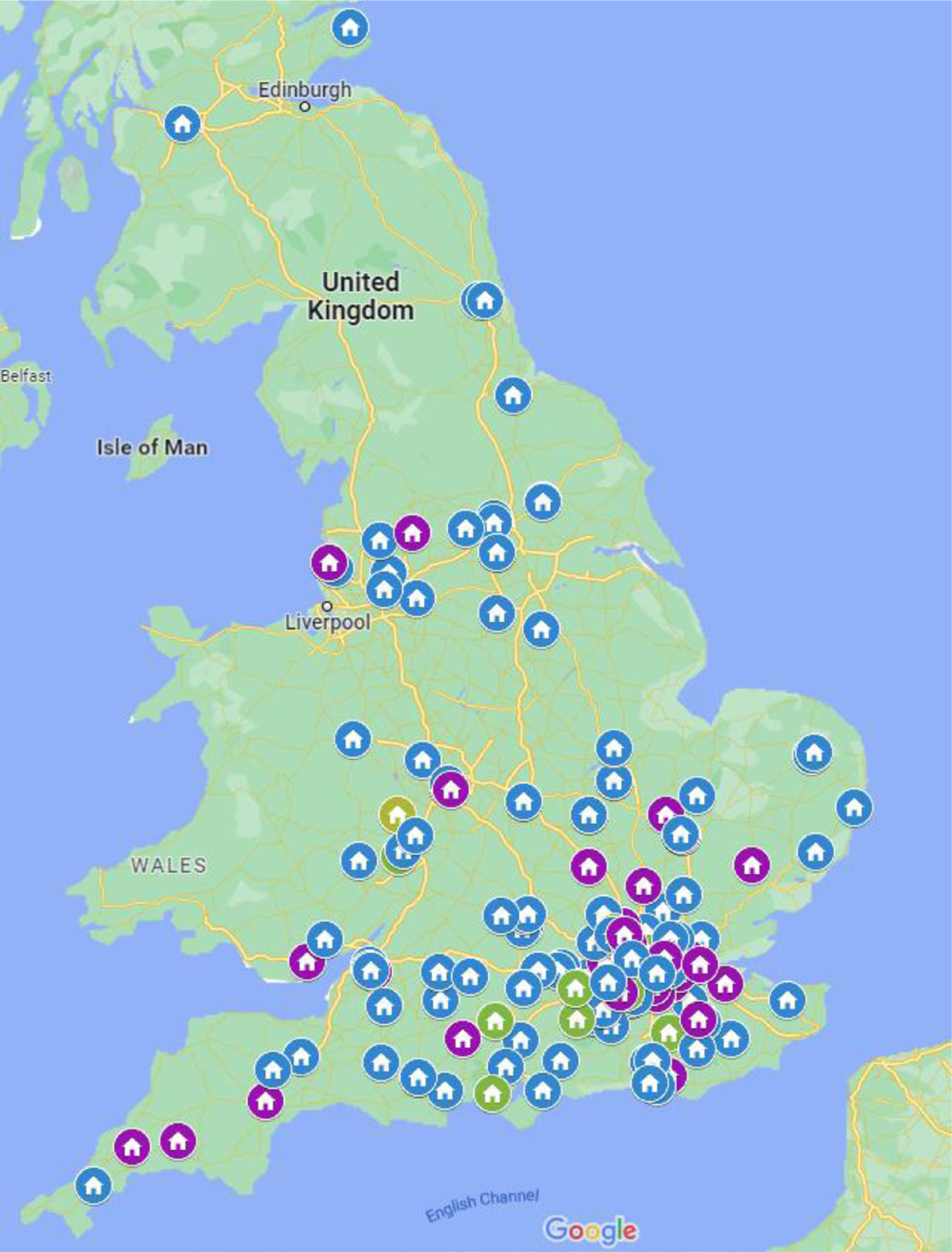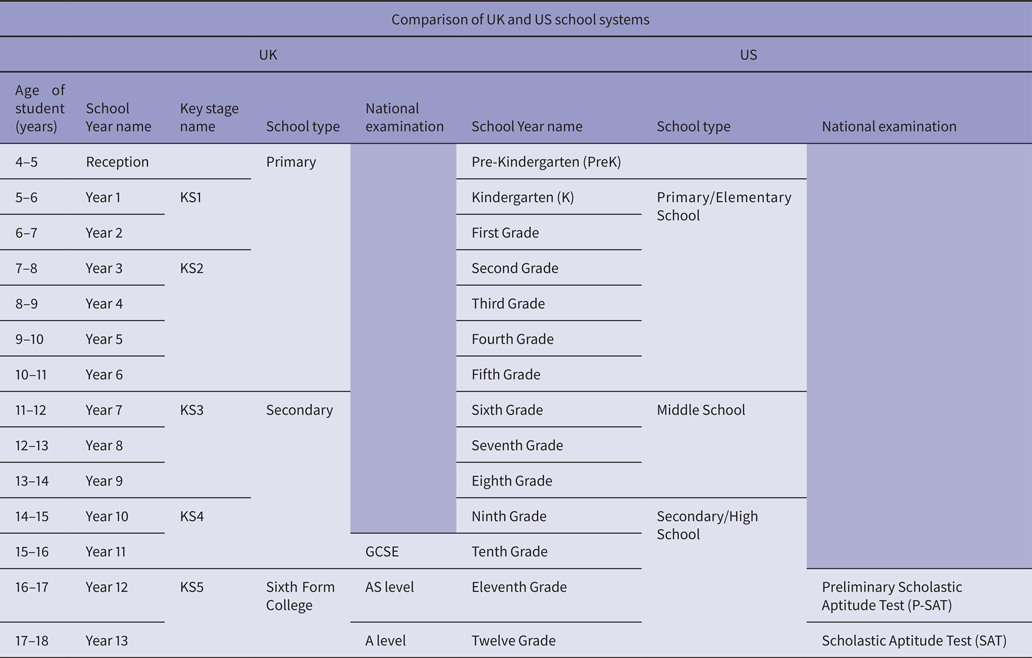The Classical Association Annual Conference
For those of us who went in person or via video-link to the Classical Association Annual Conference at the University of Swansea this year, there were many treats for teachers. A huge amount of the success of this conference is down to the organisers Ian Goh and Maria Oikonomou who made every effort for it to attract teachers as well as to the traditional academics and postgraduates at such events. The Classical Association ensured that costs were kept low for teachers and there were several panels on secondary classroom resources and pedagogy spread throughout the conference along with many informal opportunities for networking and exchanging ideasFootnote 1.
The 2023 Classical Association Conference will be held at the Faculty of Classics, University of Cambridge, between Friday 21st and Sunday 23rd April.Footnote 2 The organising committee (of which I am part) wants to make this conference just as, welcoming, if not more so, to teachers and it is hoped that many will attend. A Call for Papers has gone out alreadyFootnote 3 and the committee is looking for short presentations on any topics which relate to the teaching and learning of classical subjects of any kind in schools today – UK and internationally. Please be in touch with Grainne Cassidy at the Classical Association office (or with me on sch43@cam.ac.uk) if you would like further details. Apart from the world-renowned Classics Faculty itself, Cambridge is host to numerous schools where Latin and other Classical subjects are thriving (in both state-maintained and independent sectors), is home to the Faculty of Education, which trains a good number of Classics teachers every year, and the city and its surrounding area could be described as the epicentre of Latin text book publication, with the Cambridge Latin Course, Suburani and De Romanis all written and produced locally. The committee is intending that there will be appearances by some special guests at the conference, for teachers alone!
School posts advertised
The number of jobs advertised in UK schools rocketed in 2021–22Footnote 4. The total figure of 280 was considerably in advance of the previous few years (see Figure 1).

Figure 1. Number of Classics teaching posts advertised 2018–2022.
Once lockdown was relaxed, perhaps teachers took it to move on now that uncertainty seemed to have gone away, more or less. And while the number of posts advertised in the independent preparatory and senior sectors continued to be high and take the lion's share, the number of posts advertised in the non-selective state-maintained sector was up too. Figure 2 shows the breakdown of Classics posts advertised in 2021–22 by school sector type.

Figure 2. Number of Classics teaching posts advertised September 2021–June 2022 (by sector).
Figure 3 shows the geographical distribution of schools which advertised in 2021–22 (Green = independent preparatory schools; purple = state-maintained schools; blue = independent senior schools).

Figure 3. Location of schools which advertised Classics posts in 2021–22.
There can be no surprises, sadly, that the vast majority of these schools are located in London and the South East and in clusters around the university cities of Cambridge, Oxford and the English cathedral cities. Unusual, however, is the small number of new state-maintained schools which advertised in the far south west of England. Perhaps there is some kind of renaissance, at last, with the work of Classics for All beginning to pay off; and with the Latin Excellence Programme beginning its work in the new academic year, there could be a further acceleration of interestFootnote 5.
Articles
Coe, B. & Hunt, S. Adaptive teaching for GCSE and A level classical literature.
Iriarte, U. How Future Teachers Learn Greek Gods. From University to Primary Education.
Diemke, J. Teaching about the senses in antiquity: exploring the ancient world of scents through recreating ancient perfumes.
McMenamin, C. Greek Club: Resurrecting Dead Languages in Secondary Schools.
Moran, J. Comprehending Comprehensible Input (CI): Some Observations.
Bartelds, D. Lemma navigation by excellent secondary-school students of Ancient Greek
Shannahan, S. Transitioning into and improving online history teaching.
Titcombe, D. Cheating or learning? An investigation into Year 8 students' perceptions of the Cambridge Latin Course Explorer Tool and its role in both classroom teaching and online learning.
Gheorghe, A-E. Teaching Latin language and Roman culture as a journey from present to past: an action research project at a secondary classroom.
Cleary, C. A Case Study Investigation of Year 8 Students’ Experiences with Online Learning Through the Padlet App in a State-Maintained Girls’ Grammar School.
Hunt, S. Novellas and Free Voluntary Reading: an overview and some starting points for further research into practice.
Obituary
In memoriam Jim Adams. David Langslow.
Book Reviews
Barker (P.) The Women of Troy. Ana Martin.
Donato (M.), Engargliola (C.), Gendreau-Distler (E.), Hasapis (E.), Hendrickson (T. G.), Nguyen (J.), Pant (S.), Podila (S.), Riordan (A.) & Thompson (O.) (edd.) The Passion of Perpetua. Charlotte Goddard.
Kerrigan (C.) Virgil's map: Geography, Empire and the Georgics. Juliet O'Brien.
Lovatt (H.) In Search of the Argonauts. The Remarkable History of Jason and the Golden Fleece. Alison Henshaw.
Miller (P. A.) Horace. Maria Bergquist.
Mitropoulos-Monk (A.) Once Upon a Myth. Alan Clague.
Morstein-Marx (R.) Julius Caesar and the Roman People. Tara Atkinson.
Sidebottom (H.) The Burning Road. Joanna Lashly.
Usher (M. D.) How to be a Farmer. An Ancient Guide to Life on the Land. John Godwin.
Waterfield (R.) The Making of a King. Antigonus Gonatas of Macedon. Danny Pucknell.
Zhang (T.) Introductory Latin for Kids. A Straightforward Course for Young Beginners. Todd Wegenhart.
Many articles for the Journal of Classics Teaching start up as conference pieces or teach-meet talks or presentations at staff meetings. The Editor always welcomes interesting or novel pieces, as well as articles which simply describe good teaching practice or events or things of interest to other teachers. Readers should feel confident to submit articles in the usual way to the Classical Association.

Submitting an article to JCT
The Journal of Classics Teaching is the leading journal for teachers of Latin, Ancient Greek, Classical Civilisation and Ancient History in the UK. It originated as the voice of the Joint Association of Classical Teachers in 1963 under the title Didaskalos, being renamed Hesperiam over the years, and finally JCT. It has a broadly-based membership including teachers in the primary, secondary and tertiary education sectors. JCT welcomes articles, news and reports about Classics teaching and items of interest to teachers of Classics both from the UK and abroad. If you wish to submit an article, it should be sent to the JCT Editor, c/o the Classical Association canews@classicalassociation.org.
Articles are welcome on classroom teaching practice or on studies about the teaching and learning of Classics in the UK and abroad should be up to 7,000 words. There should be clear pedagogical or academic content. News and reports of events of general interest to teachers of Classics should be between 1,000 and 2,000 words.
All articles should be submitted in Arial 12 point, 1.5 line-spaced and with non-justified margins, and should include the author's name, email address and some biographical details, including affiliation where appropriate. Images, graphs, diagrams and tables should be submitted separately as jpgs or pdfs as appropriate, with an indication in the text where they should be included. If necessary, endnotes are preferred rather than footnotes. In general, JCT prefers references to conform to the author-date referencing style of the American Psychological Association (APA). The Editor can supply further details of this referencing style if desired. Please ensure that you have permission to reproduce photographs of pupils or the relevant copyright for images, or give details of the origin of the image used. Recent editions of the journal give a guide to the layout of articles.
After submission by the author, the article may be submitted to peer review. The Editor reserves the right to suggest any changes that are felt are needed to be made and makes minor corrections. If major changes are thought to be needed, the author will be asked to rewrite the section which needs changing. Once accepted, the author is assumed to have assigned the right to JCT to distribute the publication electronically. Articles are copyrighted by their respective authors, but if published after electronic appearance, JCT will be acknowledged as the initial place of publication.
For 50 years JCT and its predecessors were published in hard copy and made available to members of the Joint Association of Classical Teachers. From 2015 JCT has been available freely online, generously supported by the Classical Association. Back issues of hard copies of JCT are sometimes available from the CA Shop and as downloadable pdfs of individual articles freely online via the Association for Latin Teaching website www.arlt.co.uk.




